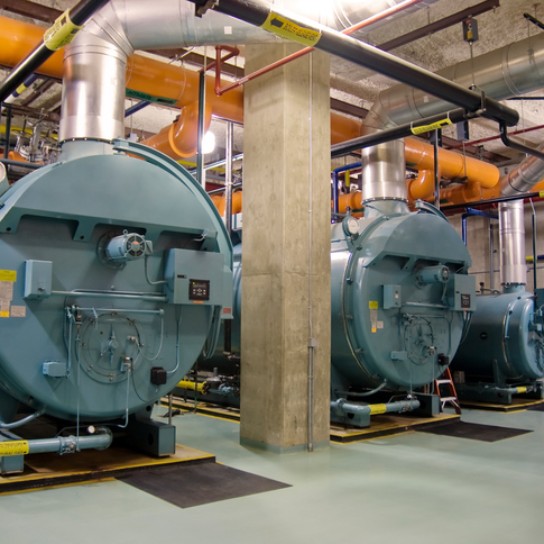Understanding the Relationship Between Scale Formation and Corrosion Inhibition Strategies in Water Systems
Scale and Corrosion Inhibitors Essential Components in Industrial Water Treatment
In various industrial processes, the integrity of equipment is often compromised by scale formation and corrosion. Scale refers to the accumulation of minerals on surfaces, while corrosion is the gradual destruction of materials, typically metals, due to chemical reactions with their environment. Both phenomena can lead to significant operational inefficiencies, costly repairs, and unexpected downtime, making the use of scale and corrosion inhibitors essential in water treatment systems.
Scale formation typically occurs in systems where water is heated or evaporated, causing dissolved minerals like calcium and magnesium to precipitate out and form hard deposits. These deposits can reduce heat transfer efficiency in boilers and heat exchangers, leading to increased energy consumption and risk of overheating. Furthermore, scales can obstruct flow paths in pipes, resulting in reduced operational capacity and potential equipment failures.
Corrosion, on the other hand, can be exacerbated by the presence of scales. While scales can sometimes act as a barrier, preventing direct exposure of metal surfaces to corrosive substances, they can also trap moisture and create localized environments conducive to corrosion. Factors such as pH levels, temperature, and the presence of oxygen further influence the rate of corrosion, necessitating robust control measures.
scale and corrosion inhibitor

To combat these issues, various chemical inhibitors are employed. Scale inhibitors work by interfering with the crystallization of mineral deposits, effectively altering the nucleation and growth of scales. Commonly used scale inhibitors include phosphonates and polyacrylates, which are effective across a range of temperatures and chemical conditions. By keeping minerals in solution, these inhibitors help maintain system efficiency and protect equipment longevity.
Corrosion inhibitors, on the other hand, function by forming a protective layer on metal surfaces or altering the surrounding environment to make it less corrosive. They can be categorized into anodic inhibitors, which shift the electrochemical reactions to reduce corrosion rates, and cathodic inhibitors that impede the reactions at the cathode. Organic compounds like amines and phosphates are frequently used for their effectiveness and stability in diverse industrial environments.
In conclusion, scale and corrosion inhibitors play a critical role in safeguarding industrial systems against the detrimental effects of scale deposits and corrosion. By employing the right combination of inhibitors, industries can enhance the operational efficiency of their equipment, reduce maintenance costs, and prolong the lifespan of their assets. As water treatment technologies continue to evolve, integrating these inhibitors will be crucial in addressing the growing challenges posed by scaling and corrosion in industrial applications.
-
Water Treatment with Flocculant Water TreatmentNewsJun.12,2025
-
Polymaleic AnhydrideNewsJun.12,2025
-
Polyaspartic AcidNewsJun.12,2025
-
Enhance Industrial Processes with IsothiazolinonesNewsJun.12,2025
-
Enhance Industrial Processes with PBTCA SolutionsNewsJun.12,2025
-
Dodecyldimethylbenzylammonium Chloride SolutionsNewsJun.12,2025





